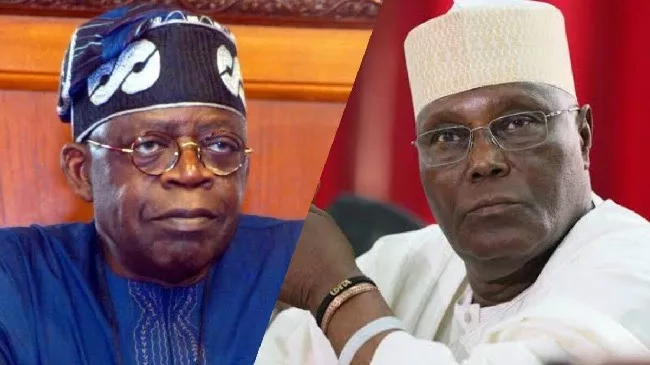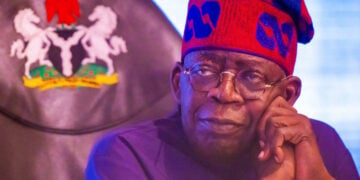Former vice president and candidate of the People’s Democratic Party (PDP), in the last presidential election, Alhaji Atiku Abubakar, has told President Bola Ahmed Tinubu, that he cannot use the excuse of privacy law to stop the release of his academic records from the Chicago State University (CSU).
Atiku stated this in his reply to Tinubu’s objection to the order of Magistrate Judge Jeffrey Gilbert and also said Tinubu’s objection was incompetent and lacking in merit.
According to the former vice president, all the grounds of objections raised by Tinubu against the execution of the lawful order of the magistrate court were resolved by Justice Gilbert after listening to parties.
The court had on September 19, held that Atiku’s application for discovery outweighs Tinubu’s plea for protection under the privacy law.
Tinubu had amongst other grounds, for the denial of Atiku’s request submitted that Judge Gilbert erred in directing the CSU to release documents bordering on Tinubu’s Diploma certificate, transcripts and admission letter amongst others.
But Judge Gilbert pointed out that the case of Atiku has merit as it has to do with Tinubu’s qualification for the 2023 presidential election, which he (Tinubu) won.
Dissatisfied, Tinubu last Thursday begged a Federal High Court presided by Judge Nancy Maldonado to delay the enforcement of the order till Monday, September 25, when he would formally file his objection.
At Monday’s proceedings, Tinubu had, amongst others, argued that the granting of the order violates his right to privacy and breached the US law regarding the release of academic records.
Specifically, Tinubu had argued that what the discovery Applicant seeks is intrusive because educational records are private and protected from disclosure under the Federal Educational Records and Privacy Act, 28 U.S.C. § 1232(g) (“FERPA”).
But Atiku, in his latest move, argued that the law of privacy pleaded by Tinubu to stop the release of his academic records was not relevant and tenable in this instance.
Atiku’s lawyer, Angela Liu, in her reply, pointed out that the FERPA and analogous state laws do not create an independent privilege for educational records and cannot serve as a shield against a court-issued subpoena.
According to the applicant, “the assertion of a privilege or privacy interest under FERPA is a nonstarter; the statute does not give individuals any enforceable rights”, adding that, “FERPA does not provide a privilege that prevents the disclosure of student records.”
Moreso, Atiku argued that Tinubu cannot plead protection when he “has placed its educational records at issue, ECF 40 at 25-26 (explaining that Intervenor put his diploma at issue by submitting it to INEC and Tinubu’s records have already been introduced into the Nigerian proceedings, including by Tinubu himself, and widely published in the media”.
Stating further that through various proceedings, Tinubu has submitted his own educational records for consideration by courts and indeed by the public, Atiku submitted that Judge Gilbert correctly decided that the balance of the Intel discretionary factors weigh in favour of granting the discovery.





